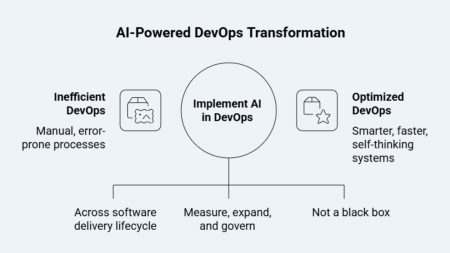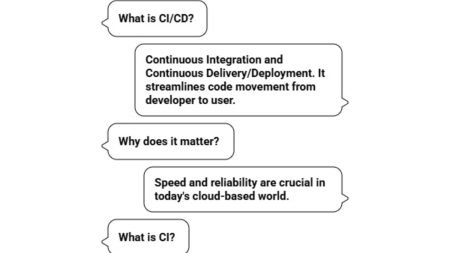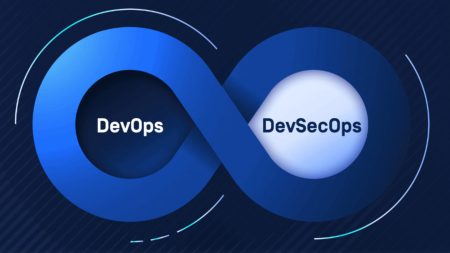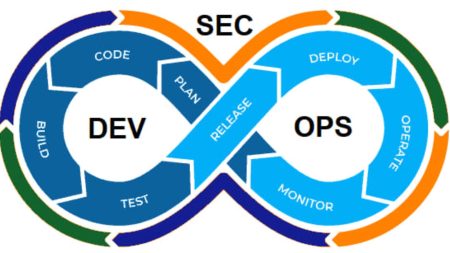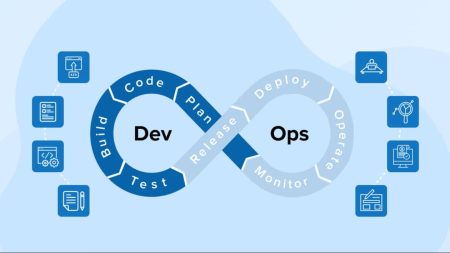DevOps as a Service (DaaS) is an increasingly popular model for delivering DevOps capabilities to organizations of all sizes. This article will explore what DaaS is, how it works, and why it can benefit your organization.
Advantages of DevOps as a Service
What does DevOps stand for? DaaS provides organizations with access to the latest technology and best practices in DevOps without having to build out their infrastructure or hire dedicated personnel. As a result, companies can focus on their primary business activities while benefiting from the advantages of modern cloud-based applications and services.
Additionally, DevOps as a service model offers cost savings by reducing the need for hardware investments or long-term maintenance contracts. By leveraging the expertise of experienced professionals who specialize in DevOps solutions, companies can quickly implement new technologies that enable them to meet ever-changing customer demands faster than ever before.
Furthermore, they can reduce operational risks associated with deploying complex systems by taking advantage of automated processes that ensure quality assurance across all stages of development lifecycles. Finally, through scalability and flexibility offered by DaaS providers, businesses can easily adjust their operations according to demand or market conditions without incurring additional costs or delays due to system upgrades or migrations. Also, an important aspect is integrating security into DevOps.
Disadvantages of DevOps as a Service
While the advantages of what is DevOps as a Service are undeniable, some potential drawbacks should be considered. For instance, organizations may need help to adjust or customize their DaaS solutions to suit their specific needs. Furthermore, depending on the provider and pricing structure used by the company, DaaS may be more expensive than traditional on-premise solutions in the long run. Additionally, due to the reliance on external services and personnel, organizations may find themselves locked into longer-term contracts that limit their ability to switch providers or explore alternative solutions.
DevOps as a Managed Cloud Service
This model is an increasingly attractive option for enterprises looking to stay on top of the competition. By partnering with experienced providers, organizations can benefit from access to state-of-the-art DevOps solutions without investing large sums of money into building and maintaining their own infrastructure. Coupled with cost savings and scalability provided by DevOps as a managed service, this makes it an ideal option for organizations of all sizes looking to reap the benefits of modern DevOps practices.
AWS Tools and Services for DevOps
AWS has several tools and services to facilitate the delivery of Dev Ops as a Service. These include Amazon ECS for container orchestration, Amazon CloudWatch for monitoring, AWS CodeCommit, and AWS CodePipeline for continuous integration & continuous delivery (CI/CD), and Amazon Elastic Container Registry (ECR) for artifact storage. Additionally, AWS provides a wide range of services and tools to support DevOps automation, including Amazon CloudFormation for infrastructure as code (IaC) deployments and AWS Lambda for serverless computing.
Google Cloud Platform Tools and Services for DevOps
Google Cloud Platform (GCP) also provides a wide range of tools and services to facilitate the delivery of DevOps as a Service. These include Google Kubernetes Engine for container orchestration, Google StackDriver for monitoring, Cloud Build for CI/CD, and Container Registry for artifact storage. Additionally, GCP has several services and tools to support DevOps automation, such as Cloud Deployment Manager and Cloud Functions.
Microsoft Azure Tools and Services for DevOps
Microsoft Azure offers tools and services to enable DevOps as a Service. These include Azure Kubernetes Service (AKS) for container orchestration, Log Analytics for monitoring, Visual Studio Team Services (VSTS) for CI/CD, and Azure Container Registry for artifacts. Additionally, Microsoft offers several services and tools to support automation, including Azure Resource Manager and Azure Automation.
DevOps as a Service Market
The DevOps as a Service market is expected to grow rapidly, together with the growing demand for digital transformation and cloud-native services. According to Gartner, by 2021, over 70% of organizations will be using some form of DaaS solutions. Furthermore, research from MarketsandMarkets predicts that the global DaaS market will grow from USD 7.25 billion in 2020 to USD 11.57 billion by 2025, at a CAGR of 9.5%.
DevOps as a Service offers an attractive option for organizations looking to leverage the latest technology and best practices without investing large sums of money into building their infrastructure or hiring dedicated personnel. As such, DaaS is poised to become an increasingly important part of digital transformation initiatives for organizations of all sizes in the near future. By partnering with experienced DevOps consulting providers, companies can benefit from access to state-of-the-art DevOps solutions and continuously cost-effectively improve their operations.


